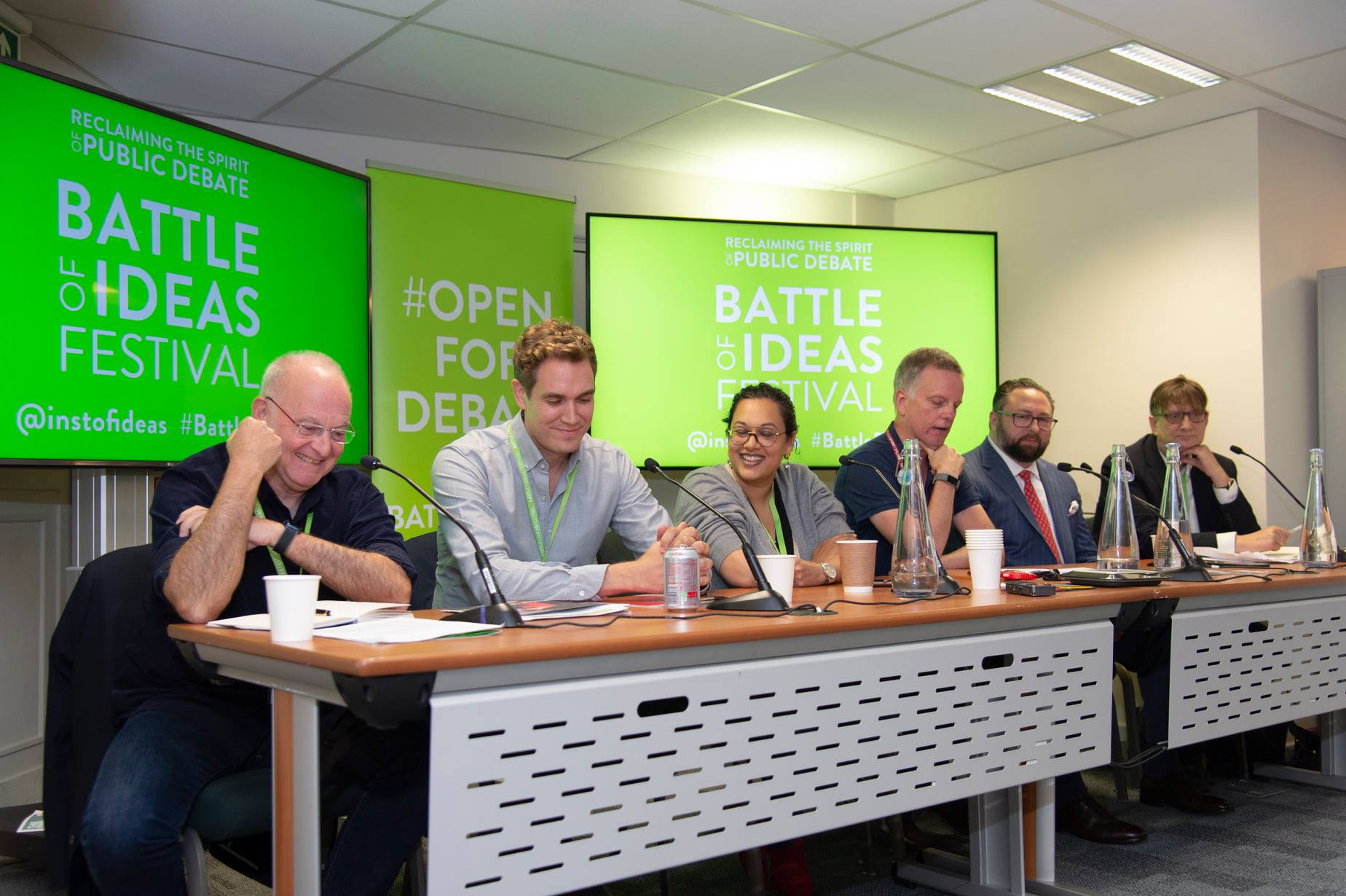
Partners



Depending on your perspective, tech giants like Facebook, Twitter, Google and Apple are either a force for good or a dangerous oligopoly that needs to be reined in. Some complain that these companies provide too much freedom to misinformation and dangerous, even illegal content, while others worry about censorship. From Covid to comedy, it seems it is the Big Tech firms who decide what we can watch and read.
There can be no doubt that Big Tech companies have enormous influence and enjoy huge profits. For example, Google not only dominates web searches (and all the advertising revenue that accompanies them), but also owns YouTube, which can boast over a billion hours of video consumed each day. Tech giants command revenues greater than many countries’ GDPs.
Facebook’s Mark Zuckerberg, Twitter’s Jack Dorsey and other Big Tech figures are as powerful ‘barons of industry’ today as Getty and Rockefeller were in the past. New services like WhatsApp and YouTube have been bought up by existing tech giants, while other competitors like Snapchat have been squeezed out. Yet, these firms exist in a supranational sense, sitting beyond borders, with national and even international legislators and regulators struggling to keep up, on everything from tax to data protection.
It’s not just big American companies that are playing such a big role. TikTok, a Chinese-owned tech company that is incredibly popular in the West, has 69 per cent of US teens regularly viewing its 15-second video clips. Its most popular user has 105.8million followers. These numbers go way beyond the reach of traditional media, like television.
Big Tech services have become the new public square, the place where public political debate so often plays out. These platforms have allowed an unheralded freedom for public participation, for good and for bad, and their reach is global. Controversies on Twitter, for example, not only reflect the news but can become news stories in their own right. Today’s political movements, like #MeToo, owe their existence to social media. While social-media firms have been accused of being too lax on ‘fake news’ and conspiracy theories, others wonder if their success is in part down to mistrust of the mainstream media and the political class.
This reach has left many worried about the power that Big Tech firms can wield. Political debate has become whatever will be allowed by the platforms. Anything deemed controversial can be slapped with a ‘health warning’ or even banned outright. The fact that the former US president, Donald Trump, has had his Twitter account closed but the Taliban is allowed to post seemingly freely is, for many, symptomatic of the way Big Tech can use its muscle in politics today.
What should we make of the rise of Big Tech? Does it have too much power, both economic and political? Should these firms be more heavily regulated or even be broken up, just as giants like Standard Oil and AT&T were in the past? What has been their impact, both positive and negative, on political debate and wider society?
Speakers
CEO, Subak; former CEO, Code First: Girls; founding member, Tech Talent Charter
director, Futures-Diagnosis Ltd; co-author, Big Potatoes: the London manifesto for innovation
CEO, GETTR ; former senior advisor, Donald J Trump; contributor, Newsmax TV
columnist, Daily Telegraph; founder, Think of X
executive editor, UnHerd; former editor-in-chief, YouGov; founder, PoliticsHome
Chair
digital business consultant and writer; former Islington by-election independent candidate; co-author, Big Potatoes: the London manifesto for innovation
Part of the Battle of Ideas festival, London 2021